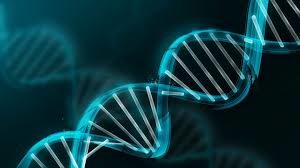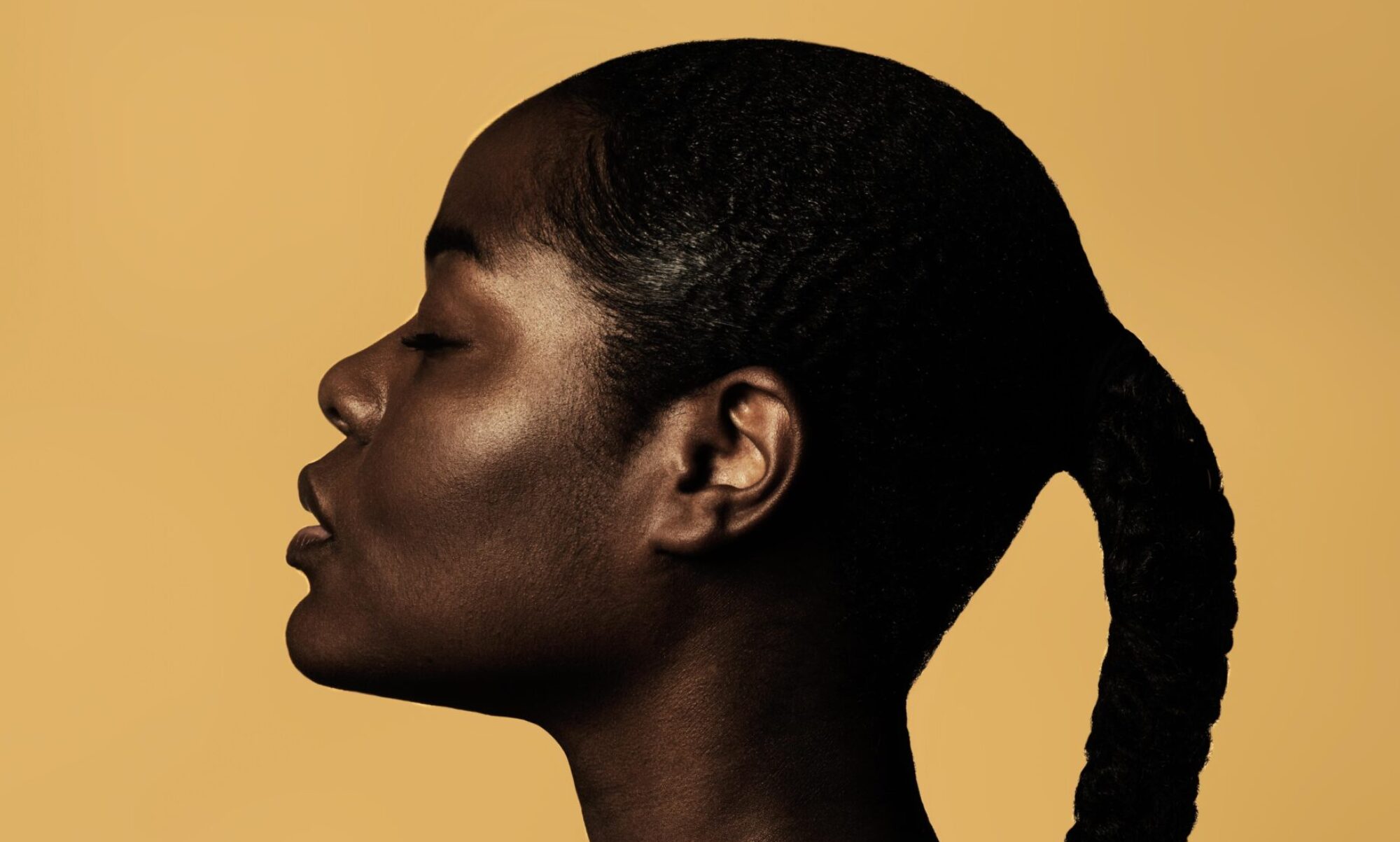Is it genetics? The short answer is no, but it’s controversial. With any issue that is racialized, there is a tendency to assume genetics are to blame; there must be some innate difference in the genetic makeup of Black women that makes them more susceptible to pregnancy complications (wrong).

However, research points to other social factors as being more responsible for the gap. In fact, some scientists do not even support race as a biological concept, merely as a social construct. The Human Genome Project, completed in 2003, mapped the complete human genome for the entire Homo sapiens species. The results found that humans share 99.99% genetic similarity, and that human populations are geographically clustered due to ancestral migration. In fact, there is more genetic variation within each population than between different populations, and that within-population variation makes up most of the variation across all humans.
In short, there is simply not enough variation among human genomes to separate into genetically distinct races. While genetics do play a role in health, they do not account for enough of the gap. When looking at the differences in health outcomes between Black and white women, the small amount of individual genetic variation does not explain group level differences.
“To say that race is a cultural construct is not to say it doesn’t exist. Cultural constructs have an objective reality despite their reliance on human thought” – Gravlee, 2009, How race becomes biology: embodiment of social inequality
However, even if race is just a social construct, that doesn’t mean race and racism don’t have real, tangible consequences.
Think about this analogy: A researcher has 3 plants of the same species, but exposes them to different environments. One plant gets lots of sunlight, resources, and nutritious soil. The second plant gets fewer resources,  and the third plant hardly gets any resources at all. The disadvantaged plants would likely not be as healthy, less resilient to disease, wouldn’t reach quite the same heights as the plant that got all of the resources. The difference in experience would cause different biological consequences, even though all the plants were of the same species. This analogy is helpful for thinking about how the social reality of race has biological consequences for different groups, and therefore how race can become biology.
and the third plant hardly gets any resources at all. The disadvantaged plants would likely not be as healthy, less resilient to disease, wouldn’t reach quite the same heights as the plant that got all of the resources. The difference in experience would cause different biological consequences, even though all the plants were of the same species. This analogy is helpful for thinking about how the social reality of race has biological consequences for different groups, and therefore how race can become biology.
This video from Vox breaks it down nicely: The myth of race
This can be a complex topic, so if you are interested in reading more, here are some helpful links to get started:
- From the Atlantic- Genes don’t cause racial health disparities, society does
- From the Pacific Standard- Why your race isn’t genetic
